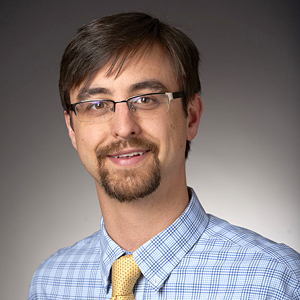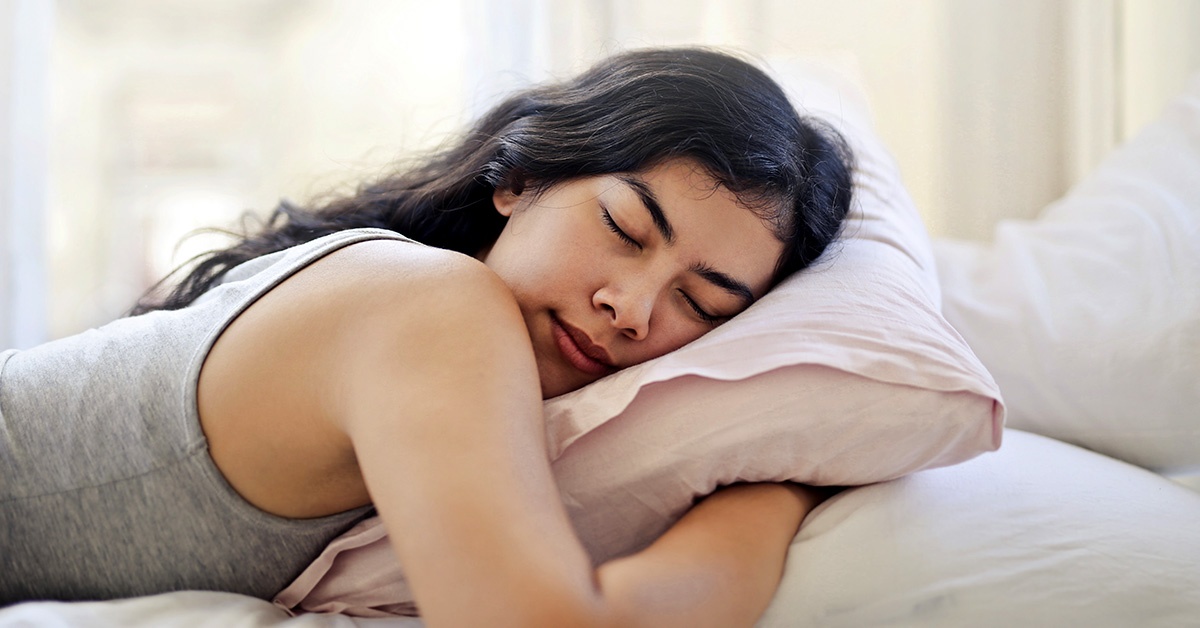The National Sleep Foundation recommends that adolescents get at least eight hours of sleep per night, yet, more than half of teenagers in the U.S. fall very short of this, routinely sleeping less than seven hours on school nights. Teens experiencing ongoing fatigue can suffer day-to-day difficulties in functioning as well as long-term physical and mental health issues. A key contributor to inadequate sleep in adolescents is early morning high school start times that have them out of bed extremely early in the morning in order to arrive to class on time. A School of Public Health study recently examined the benefits of pushing school start times to later in the morning and found that teens slept more on school nights.

“Sleep is incredibly important for teens,” says lead researcher and Associate Professor Rachel Widome. “Sleep should be seen as a resource that allows for greater health and enhances learning in our children.”
The study was co-authored by PhD student Aaron Berger and published in the journal JAMA Pediatrics.
American high schools tend to start quite early in the day with the vast majority of them beginning before 8:30 a.m. Some experts have speculated that shifting high school schedules to later in the morning would only result in teens staying up later and still getting not enough sleep. But there was no proof that the assumption was actually true.
Widome and her research team studied the sleep of adolescents from five public high schools with different start times in Minneapolis-St. Paul, MN metro area for three years. Their sleep was measured with wrist monitors that can capture sleep details that are difficult to self-report. All five participating schools started early — either 7:30 a.m. or 7:45 a.m. — when the study began in 2016. In 2017, two schools delayed their start times by 50 and 65 minutes, while the three comparison schools maintained a 7:30 a.m. start time.
The study found:

- students in the later starting schools went to bed at a similar time as students in the early starting schools. This reflects adolescents’ hardwired circadian rhythms – for neurobiological reasons, teens are ready for sleep around 11 p.m. and struggle to wake before 8 a.m.;
- students in later starting schools slept approximately 40 minutes longer each night after the change relative to the comparison schools;
- the students’ additional school night sleep was maintained across two years of delayed start times;
- students in schools that shifted to a later start time did not do as much “catch-up” sleep on weekends, indicating they were less sleep-deprived during their school week.
“Our study’s design and rigorous measurement of sleep offers strong evidence that delaying high school start times can effectively extend adolescent school night sleep duration and lessen teens’ need for ‘catch up’ sleep on weekends,” says Berger.
Widome says that either school district or state-wide policy can mandate later start times. and this type of shift has the potential to broadly benefit students.

